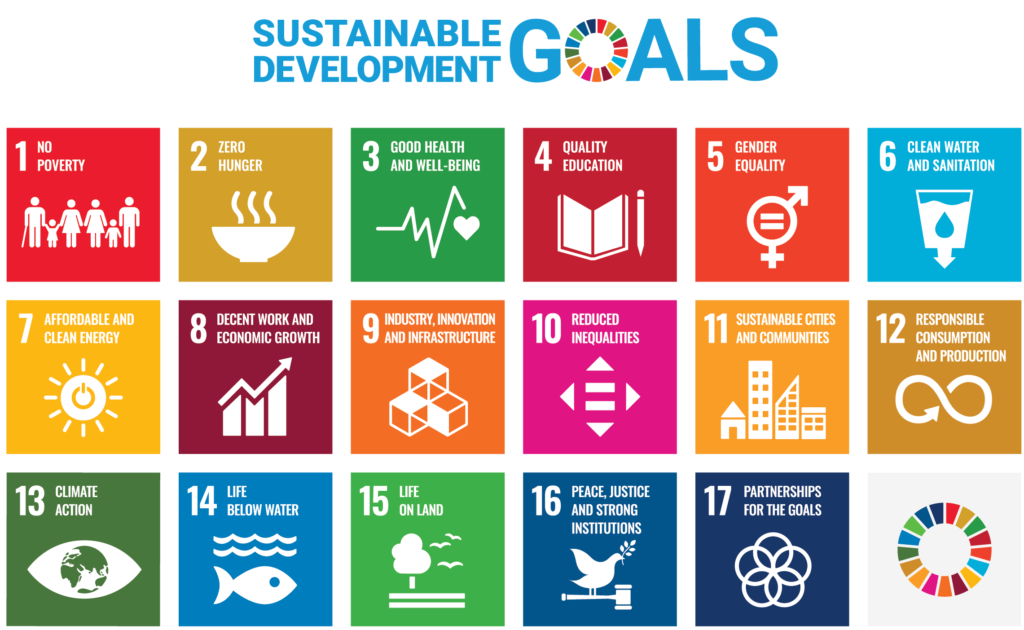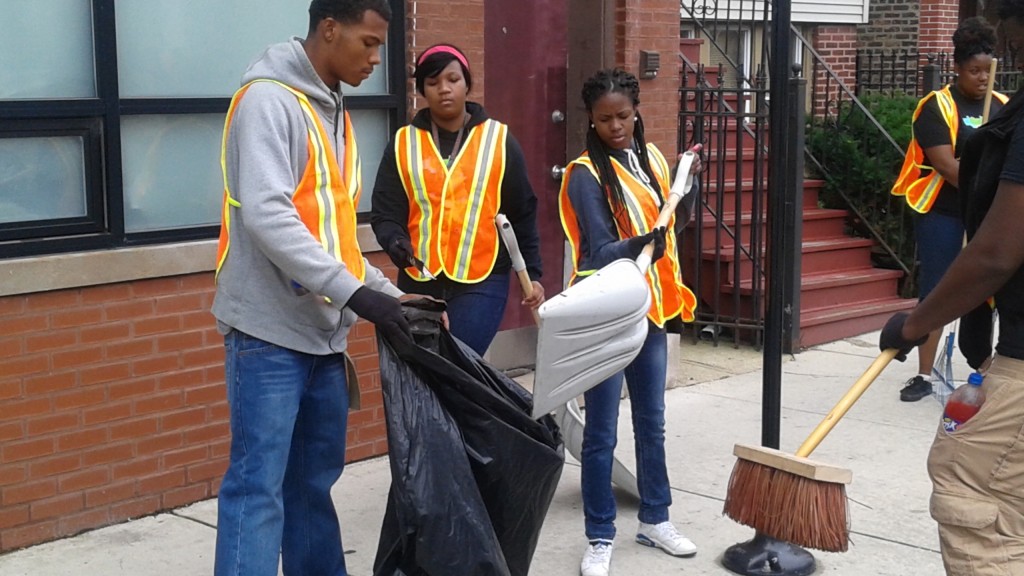Change leadership, what is it? The word “Change” and “Leadership” are two words that are used very frequently by people in positions of authority, who mostly refer to themselves as “Leaders”. Remember in our article titled “Youth Are Leaders of Today” we established the fact that – Young people, should recognize that leadership is not about occupying a position of authority. Leadership is an act it is what you do. Positions or titles do not make the leader but the leader makes the position. Leadership is about possibilities- having vision, seeing opportunity, and hope, where many believe this does not exist. As a result today we are going a step further to explore how young people can lead and be the change they want to see in their world as Gandhi noted in his famous quote.
“You must be the change that you wish to see in the world”
Mohandas Karamchand Gandhi was an Indian lawyer, anti-colonial nationalist, and political ethicist, who employed nonviolent resistance to lead the successful campaign for India’s independence from British rule, and in turn, inspired movements for civil rights and freedom across the world. From his statement above, it is clear that to be the change you wish to see means taking “ACTION”. So today we are saying that Change Leadership is about taking action and we will be exploring how people and young people, in particular, can take action and begin their journey towards becoming a “Change Leader”. I will like to share this frequently told story from the life of Gandhi.
“The parents had brought their young child to Gandhi. They wanted Gandhi to advise the child against eating sweets. Gandhi told the parents to bring the child to him the next week. Seven days later, Gandhi advised the child. The parents then inquired from Gandhi why it was that he had not advised the child on their first visit. Gandhi replied: `I myself was eating sweets then.’”
What is the lesson from this story? Do you agree or disagree with its main message or what Gandhi did in this scenario? What does it say about leadership? These are the questions I would love to ask everyone reading this article. Starting with the main lesson from the story – Gandhi refused to advise the child against what he also was guilty of, he judged himself unfit to speak with the child younger than him and occupying a lesser position in the societal or cultural hierarchy. What does this action say about our understanding of leadership? Your opinion of what Gandhi did is important as it will reveal to you your personal bias on how leaders should lead. Across the globe, people are familiar with instances where people in positions of authority behave contrary to what they enforce on the people they expect to follow them. Some people say “Do as I say and not as I do” this is quite unfortunate as it can be described as deception and even a fraudulent character flaw. Leaders may talk inspiringly about the changes they want to see in the world. But followers will want to know whether leaders really believe what they say. They want leaders to personally “model the way. So as Change Leaders we are expected to “Walk the Talk” that is practice what you preach, do as you say, or lead by example.
For the purpose of this article, I will describe change leadership as the ability to galvanize others to implement a vision that will have a positive impact on the lives of people in the community. This description captures the essence of “Change Leadership” which is about taking action to create positive change.
ROLES OF A CHANGE LEADER
What do Change Leaders do for society? What do we expect from Change Leaders? We now know what is Change Leadership. The next thing we need to know is what they do for their communities. First, we will have to itemize in broad groups what they do for society. Below are the main roles Change Leaders play in their communities.
- Identify challenges to be worked on within the community
- They do what is best for others rather than seeking to gratify themselves
- Proffer sustainable solutions that create opportunities for growth and development for their community
The above roles clearly points out that Change Leaders are solution providers. They identify the problems, proffer solutions for these challenges, and also work with their communities to make these solutions sustainable in improving the lives of others in their communities.
STEPS TO BECOMING A CHANGE LEADER
As we mentioned earlier, we will explore practical ways of becoming a Change Leader and how anyone can do this at any point of his life or personal development. This can be achieved by a young person, a student, an employee, or as a business owner, irrespective of who you are without limitations.
Acquire Leadership Skills
- Seek out opportunities for personal growth and development: take on new tasks or challenges at school or in your community. Volunteer for tasks and responsibilities that will improve your personal growth and development.
- Broaden your conceptual thinking: read widely, study the lives of historical and current leaders. Study the lives of model leaders, how they responded to challenges of their time, and pick the lessons. Study and read widely.
- Seek out mentors or role models who can coach, inspire and challenge you. Connect with people who have done what you want to do and learn from them. Learn from their successes and from their failures. With technology today, you can actually connect with and learn from people from different continents without having to meet them physically.
- Enroll in formal leadership training programmes through which you can assess and enhance your skills. Also, you can leverage technology to achieve this as we have many quality and free programmes on the internet which you can take advantage of.
Identify a Challenge You Want To Address
The next step is to identify a challenge you want to change based on your interest. Your ability to clearly define this challenge will help you as you prepare to create your solution. The change we want to see can come from any of the following sources:
PAIN: The issues in your society that make you angry, sad or disillusioned can guide you in identifying a challenge
PLAY: Things you like doing can also be a pointer to the changes you will like to see in a particular sector
PASSION: Issues or sectors you are passionate about can enable you to identify a challenge within your community. This can also help you identify the vehicle for instituting this change.
The Sustainable Development Goals or Global Goals are a collection of 17 interlinked goals designed to be a “blueprint to achieve a better and more sustainable future for all. You can choose from any of the goals below to guide your change effort.

Determine Your Level Of Involvement
Determine what level of involvement you want to have in addressing the issue. Your options run the gamut:

| Donate small amounts of money to organizations that are already working on these issues | Volunteer your time, provide services or offer advice to organizations working on these issues | Start your own initiative or collaborate with others to launch a new initiative |
I will end with why we should all work towards creating the change we wish to see in the world. To best capture this reason I will leave you with these thoughts below;
LIVE A LIFE THAT MATTERS
Ready or not, someday it will all come to an end.
There will be no more sunrises, no minutes, hours or days.
All the things you collected, whether treasured or forgotten, will pass to someone else.
Your wealth, fame and temporal power will shrivel to irrelevance.
It will not matter what you owned or what you were owed.
Your grudges, resentments, frustrations, and jealousies will finally disappear.
So, too, your hopes, ambitions, plans, and to-do lists will expire.
The wins and losses that once seemed so important will fade away.
It won’t matter where you came from, or on what side of the tracks you lived, at the end.
It won’t matter whether you were beautiful or brilliant.
Even your gender and skin color will be irrelevant.
So what will matter? How will the value of your days be measured?
What will matter is not what you bought, but what you built; not what you got, but
what you gave.
What will matter is not your success, but your significance.
What will matter is not what you learned, but what you taught.
What will matter is every act of integrity, compassion, courage or sacrifice that
enriched, empowered or encouraged others to emulate your example.
What will matter is not your competence, but your character.
What will matter is not how many people you knew, but how many will feel a lasting
loss when you’re gone.
What will matter is not your memories, but the memories that live in those who
loved you.
What will matter is how long you will be remembered, by whom and for what.
Living a life that matters doesn’t happen by accident. It’s not a matter of
Circumstance but of choice.
Choose to live a life that matters
Author Unknown





Way cool! Some extremely valid points! I appreciate you penning this post and also the rest of the website is really good. Aleta De Witt Cram